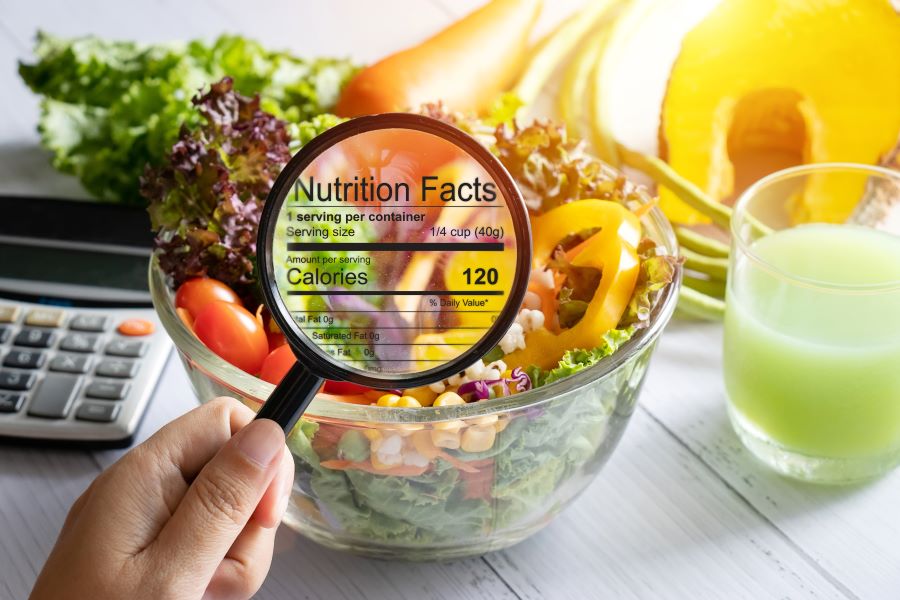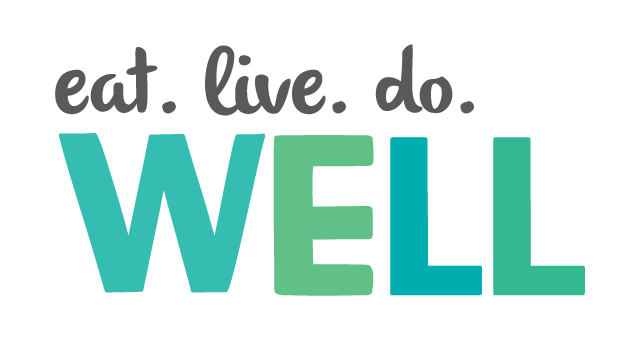
The world of nutrition is full of confusing and often conflicting headlines. Let’s take a closer look at a few trending claims with expert insights from a registered dietitian. Join us as we explore the science behind the headlines.
Are Probiotics Really as Great as Everyone Says?
While probiotics can be beneficial, they are not a cure-all. Probiotics, which are live microorganisms found in some foods and supplements, can help maintain a healthy gut microbiome and may aid in conditions like diarrhea, irritable bowel syndrome (IBS), and certain infections. However, the benefits can vary greatly depending on the strain and individual health conditions. It’s also important to note that not all probiotics are created equal, and their effects can be modest, especially if you’re already healthy.
Does Intermittent Fasting Really Work?
Intermittent fasting is an eating pattern that cycles between periods of eating and fasting. The fasting window can last between 12-18 hours per day. While research shows that intermittent fasting can be effective for weight loss, improving metabolic health and decreasing inflammation, its success largely depends on individual lifestyle, consistency, and overall diet quality. For some it is easy to go without eating for extended periods of time without “overeating” when the eating window opens. For others, this can be very difficult, making it hard to adhere to the diet.
Are Vitamins and Supplements Worth it?
While vitamins and supplements can be beneficial for certain individuals with specific deficiencies or health conditions, they are not necessary for everyone. Research shows that most people can get all the nutrients they need from a balanced eating pattern rich in fruits, vegetables, whole grains, and lean proteins. Numerous studies have also shown that vitamins and supplements do not improve longevity and can even be harmful if taken in excess.
An important thing to note about the vitamin and supplement industry is that it’s not regulated nearly as rigorously as the pharmaceutical industry. Unlike pharmaceuticals, supplements do not require pre-market approval for safety and efficacy. The FDA can only act against a supplement manufacturer if they are found to be unsafe or misbranded after they are already available to consumers. In contrast, pharmaceuticals must undergo thorough clinical trials and obtain FDA approval before they can be marketed, ensuring safety, efficacy, and quality.
Is Breakfast Really Necessary?
While some studies suggest that eating breakfast can help adults with weight management, improve concentration, and provide essential nutrients, it’s not a one-size-fits-all rule. The key is to listen to your body and ensure that your overall eating pattern is balanced and nutritious throughout the day. If you prefer to skip breakfast and then eat nutrient dense foods throughout the day, that’s fine. If you enjoy your breakfast, that’s great too! Now, if you have school aged kiddos, they do need a well-balanced breakfast before heading off for a day full of learning!
How Much Caffeine is Safe? Is it Better to Have a Coffee or an Energy Drink?
Research consistently shows that up to 400 milligrams of caffeine per day is generally considered safe for most healthy adults. This is roughly equivalent to two-four cups of coffee (depending on the brand and how it’s brewed) or two energy drinks. That being said, individual tolerance to caffeine can vary, and excessive intake can lead to side effects like jitteriness, insomnia, and increased heart rate.
When choosing between coffee and energy drinks, it’s important to consider more than just caffeine content. While coffee typically contains more beneficial antioxidants, both coffee and other caffeinated beverages can have a lot of extra calories, fat and added sugar. It all depends on what you choose. No matter how you take your coffee (or energy drink), moderation is always key.
Is it Bad to Eat Right Before Bedtime?
Eating before bed isn’t inherently bad for everyone. While some believe it leads to weight gain due to a slower metabolism at night, research shows that your body still needs energy while you sleep. The key issue is often the type and amount of food consumed; late-night snacks tend to be high in calories and less nutrient dense. It can also lead to indigestion and heartburn which can in turn negatively impact sleep.
If you’re hungry before bed, opt for a light, healthy snack like yogurt or fruit, be mindful of portion sizes, and try to sit up for a while before laying down.
It’s important to consult with your healthcare provider before trying anything mentioned here to ensure that it’s safe for you.



Leave a Reply
You must be logged in to post a comment.